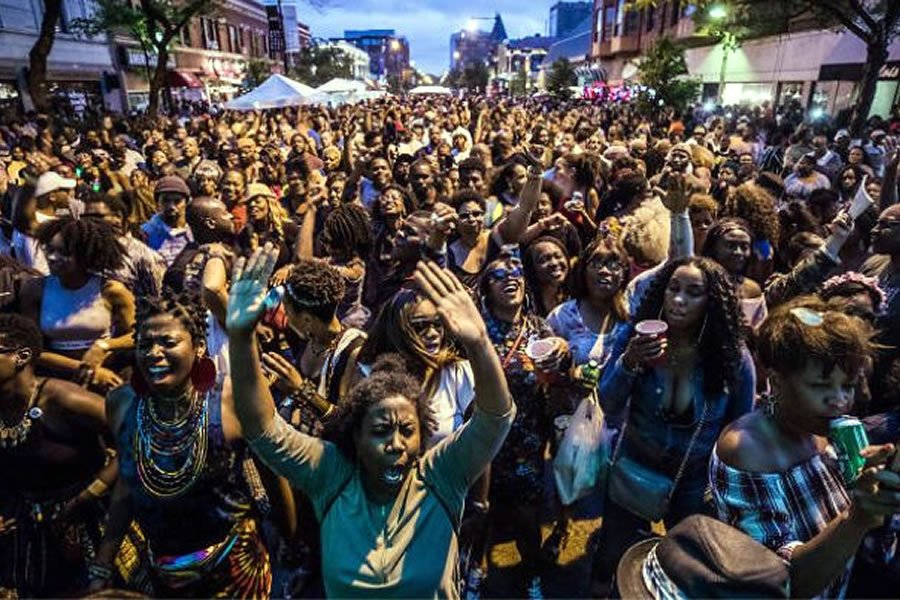
African summer is no longer measured in degrees, but in decibels. From Casablanca to Accra, music festivals are transforming the continent into a vibrant cultural showcase. They are not just concerts: they are economic engines, identity showcases and meeting points for thousands of people. Each year, these events grow in influence and attendance, positioning Africa as the creative epicentre of the planet.
In countries such as Morocco, Ghana, Nigeria, Senegal and South Africa, music festivals are having a direct impact on tourism and the cultural industry. Events such as Mawazine in Rabat, Afro Nation in Accra or Sauti za Busara in Zanzibar attract international visitors, with line-ups that combine African legends with global artists. Investment in infrastructure, accommodation and digital promotion has turned these events into real poles of attraction.
Beyond entertainment, African festivals are reinforcing the continent's external image. Music becomes a tool of cultural diplomacy, breaking down stereotypes and projecting a diverse, modern Africa with creative leadership. Afrobeat, amapiano, Congolese rumba or gnaoua sounds are not only conquering dance floors, but also global playlists. The Afro-descendant diaspora in Europe and America has played a key role in this expansion.
In addition to prestige, there are figures. In many cities, festivals generate temporary employment and boost sectors such as hotels, transport and local commerce. African music, traditionally undervalued by the Western industry, is now a trendsetter. Record labels, streaming platforms such as welcomeafrica.org and international brands compete for promotion and partnerships with artists and producers from the continent. The focus has changed: the world now listens to Africa.
Ultimately, these festivals not only celebrate the music, but also reaffirm the continent's power to lead through creativity. African rhythm is no longer just a local heritage: it is a global language. Africa does not follow trends, it creates them.
